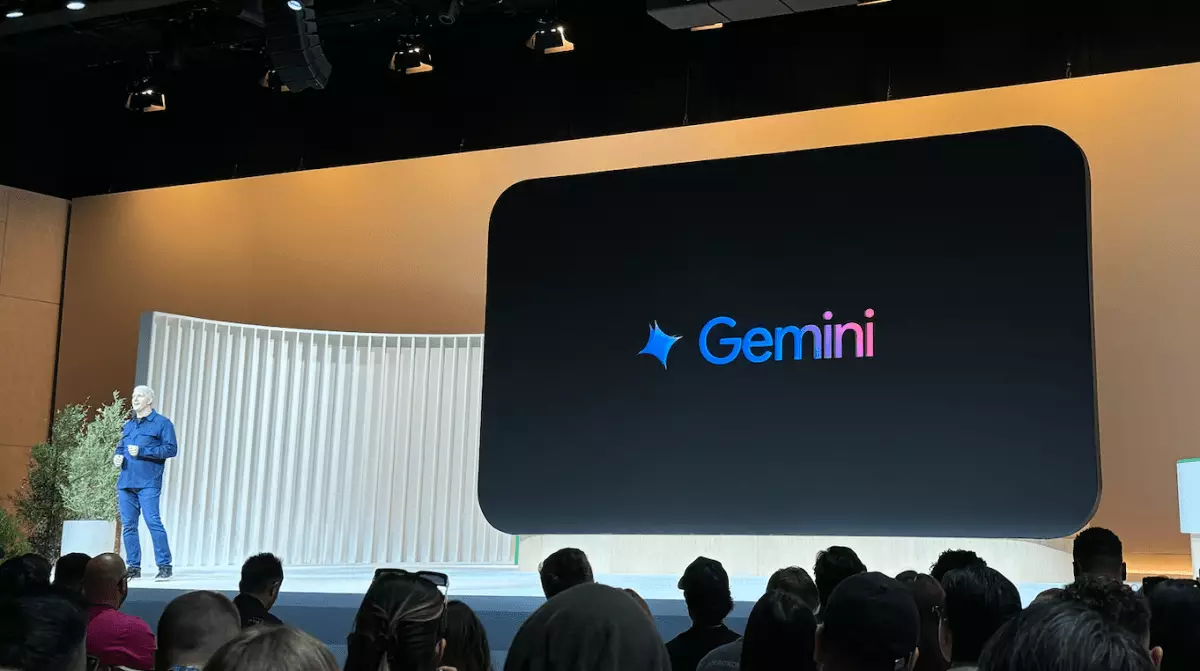In a significant move to enhance its AI capabilities, Google announced the expansion of its Gemini application’s advanced research mode to cover an additional 40 languages. This feature, introduced earlier this month, was designed specifically for Google One AI premium users, offering them an AI-driven assistant that assists in conducting thorough research. The in-depth research mode utilizes a multi-phase approach, commencing with the formulation of a research plan and progressing through the identification of pertinent information. Following several iterations of gathering and refining this data, Gemini is capable of generating comprehensive reports.
One of the primary challenges faced by Google involves ensuring the reliability of sources across various languages. As municipalities and research institutes worldwide increasingly require information in diverse languages, the efficacy of AI models like Gemini hinges on their ability to extract and summarize data accurately in those native contexts. The focus, therefore, is not just on translation, but on maintaining grammatical integrity and contextual relevance, elements essential for quality outputs in languages ranging from Swahili to Japanese.
HyunJeong Choe, the engineering director for the Gemini application, highlighted a critical issue: the accuracy of summaries, especially in languages such as Hindi. While Google invests effort into training its AI models with curated data from reliable sources, discrepancies in the generated text can still occur. Choe articulated that while their procedural methods involve leveraging Google’s extensive search capabilities, the challenge of factual correctness remains pervasive in generative AI technologies. The quest to refine the model’s utilization of pre-trained information is designed to enhance reliability.
To ensure that the outputs meet the high standards expected by users, Google has instituted several quality control measures. Jules Walter, a product leader focusing on international markets for the Gemini app, outlined the importance of incorporating feedback from native speakers. By implementing testing programs, the company aims to create solutions that resonate authentically with local language users. Additionally, localized teams contribute to reviewing datasets to further refine training models, providing a feedback loop that enhances understanding and accuracy.
As Google continues to push the envelope in AI capabilities, the implications of such advancements are vast. The ability to conduct sophisticated research in multiple languages opens avenues not only for individual users but also for corporations and governments seeking to leverage data-driven insights. However, the path forward is laden with challenges in terms of data integrity and efficiency. With ongoing evaluations and a commitment to continuous improvement, Google is steadfastly aiming to bridge language barriers and enhance global information accessibility.
The expansion of Gemini’s in-depth research mode is a significant accomplishment in artificial intelligence development. By addressing language diversity and accuracy, Google is poised to enhance how users access and synthesize information, thereby transforming the landscape of research and learning in a multicultural world.

